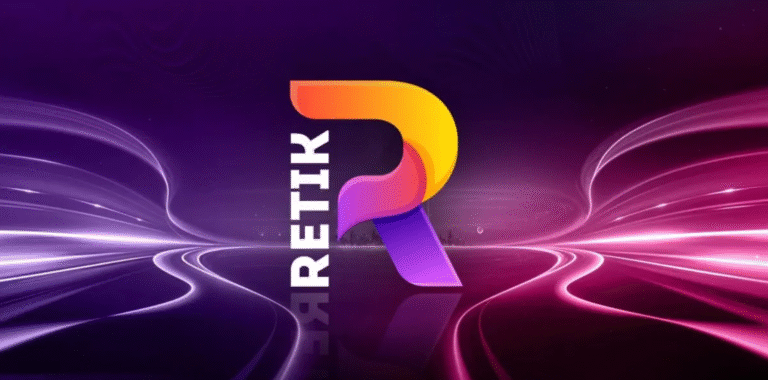Table of Contents
Introduction to Retik Finance
This Retik Finance review takes an in-depth look at the cryptocurrency’s offerings, potential risks, and legitimacy. Retik Finance presents itself as a next-generation decentralized finance (DeFi) ecosystem, claiming to offer secure transactions, high staking rewards, and innovative payment solutions. While it promotes a global reach, its registration is tied to offshore jurisdictions, raising early questions about oversight.
Many potential investors are asking: is Retik Finance a scam or a genuine crypto project worth backing? Our analysis is crafted for two key audiences — those who have already lost money to questionable projects and are seeking clarity, and those who are still deciding whether to trust Retik Finance with their funds. This Retik Finance scam review uncovers all the warning signs you need to know.
Retik Finance: Regulation & Legal Status
Retik Finance is not regulated by any recognized financial authority such as the SEC, FCA, or ASIC. While it may reference compliance or security audits, there is no evidence of an actual license from top-tier regulators. This lack of verified oversight is a critical risk factor for investors, as unregulated platforms can operate without accountability or investor protection.
Fraudulent projects often use misleading claims of partnerships or certifications to appear credible. Similar tactics have been documented in other unregulated crypto ventures, many of which disappeared after raising substantial funds. Learn how to spot a scam broker before it’s too late. The absence of true regulation raises serious concerns about whether Retik Finance is a scam.
Trading Conditions & Platform Analysis of Retik Finance
Retik Finance promotes features such as multi-chain transactions, DeFi debit cards, and token-based rewards. However, the whitepaper and public resources lack detailed disclosures on liquidity providers, smart contract audits, or treasury management. Promises of unusually high yields, combined with vague tokenomics, signal elevated risk.
It’s important to remember that even if a platform uses advanced interfaces or well-designed dashboards, this does not guarantee legitimacy. Before committing funds, investors should research what to check before signing up with a trading platform. These transparency gaps make it harder to dismiss the suspicion that Retik Finance might be a fraud.
Reputation & User Reviews About Retik Finance
User feedback for Retik Finance is mixed. On platforms like TrustPilot, some reviews appear overly promotional, possibly indicating fake or incentivized testimonials. Negative reports include difficulties in withdrawing funds, delayed customer service responses, and unclear staking reward terms.
Traffic analysis suggests Retik Finance’s website receives moderate engagement, which may reflect early-stage adoption or limited market trust. Investors should be cautious of small, opaque projects with disproportionate hype relative to verified user activity.
How to Test Whether Retik Finance Is a Scam
To evaluate the legitimacy of Retik Finance, consider the following steps:
- Check for Regulation: Verify licenses with official databases from authorities like the SEC, FCA, or CySEC.
- Look for Red Flags: Avoid projects with no clear management team, vague licensing claims, or anonymous founders.
- Review Genuine User Feedback: Compare independent community discussions with mainstream review platforms to spot inconsistencies.
- Test the Platform: Attempt small withdrawals before committing larger sums.
- Scrutinize Withdrawal Terms: Beware of unclear timelines, high fees, or crypto-only payout restrictions.
- Watch for Unrealistic Claims: Guaranteed profits or risk-free investments are always warning signs.
- Try a Demo Account: A legitimate project will allow testing without requiring a full commitment.
Following these measures can help reveal whether Retik Finance is a scam or a viable investment.
Final Verdict & Alternatives
Based on available evidence, Retik Finance presents a high-risk profile due to its lack of regulation, incomplete transparency, and questionable online reputation. While it may deliver some of its promised services, the potential for financial loss appears significant.
Investors seeking safer opportunities should consider established, regulated exchanges and DeFi platforms with public audits and verifiable governance. The best defense against fraud is to trade only with licensed, transparent, and community-vetted projects.



